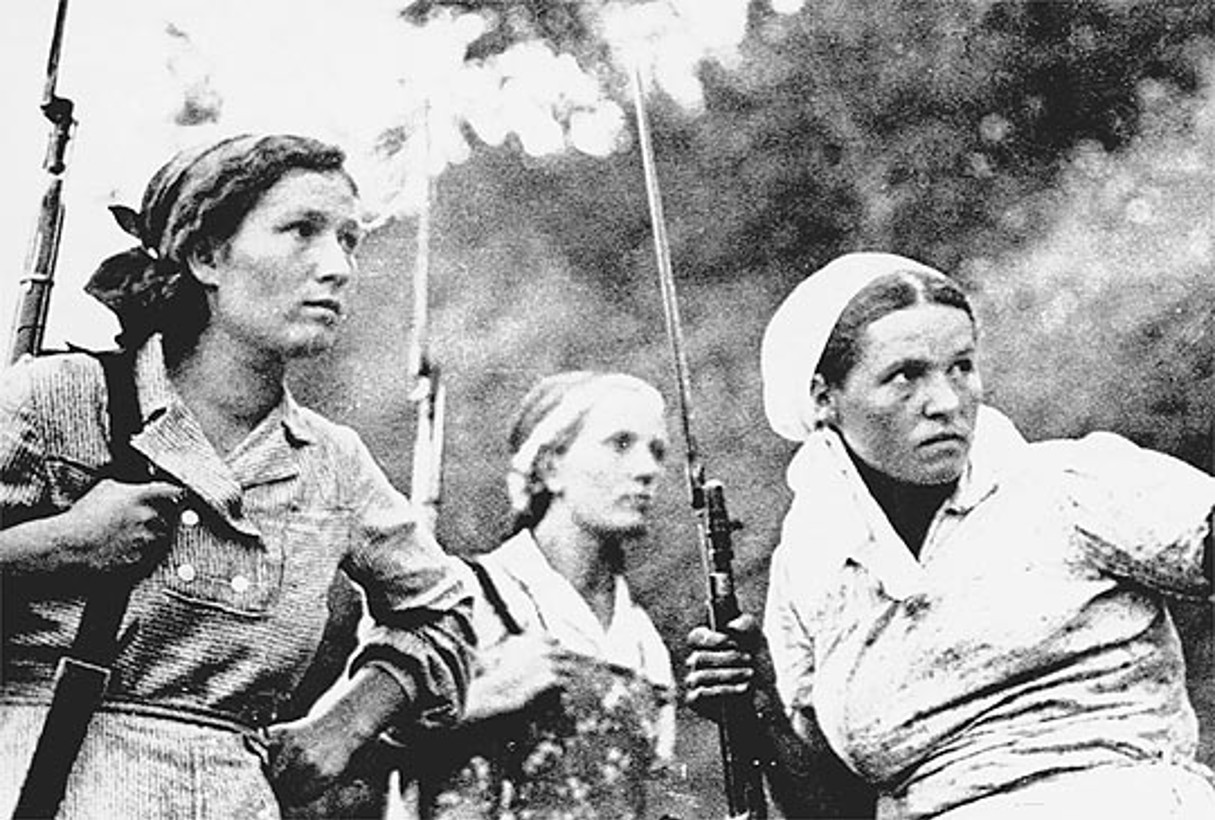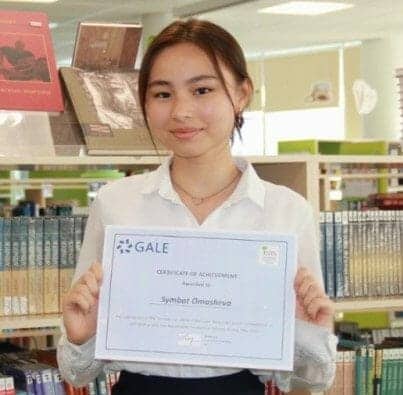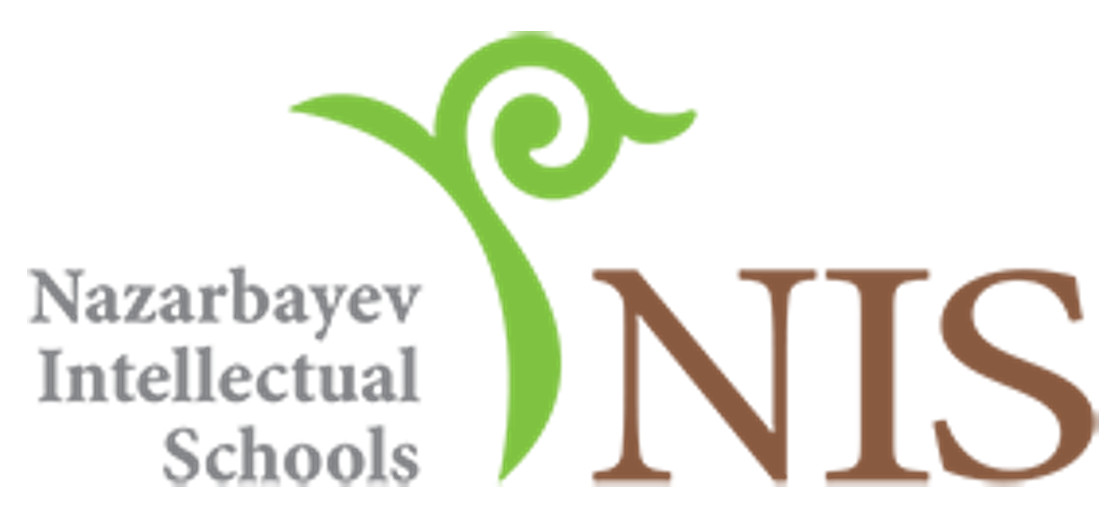│By Emma Harris and Lindsay Whitaker-Guest, Associate Editors, Gale Primary Sources│
After the successful launch of the first Gale Primary Sources Learning Centers in Autumn 2021, Gale has released Learning Centers into a larger selection of our archives in August, with more to come in November 2022. The Learning Centers are comprehensive guides for both students and instructors to enhance their approach to researching primary sources and for developing the critical thinking skills needed for their analysis. The Learning Centers are also particularly helpful for those using primary source archives independently for the first time.




 In Spring 2022, Gale ran a competition with Nazarbayev Intellectual Schools, Kazakhstan, which gave students at schools within the group the chance to research and write about a topic of interest – with the two top entries published on The Gale Review! Below is the runner up entry, a superb piece by Year 11 student Symbat Omasheva.
In Spring 2022, Gale ran a competition with Nazarbayev Intellectual Schools, Kazakhstan, which gave students at schools within the group the chance to research and write about a topic of interest – with the two top entries published on The Gale Review! Below is the runner up entry, a superb piece by Year 11 student Symbat Omasheva.
 The schools within the Nazarbayev Intellectual Schools group have access to the
The schools within the Nazarbayev Intellectual Schools group have access to the 





